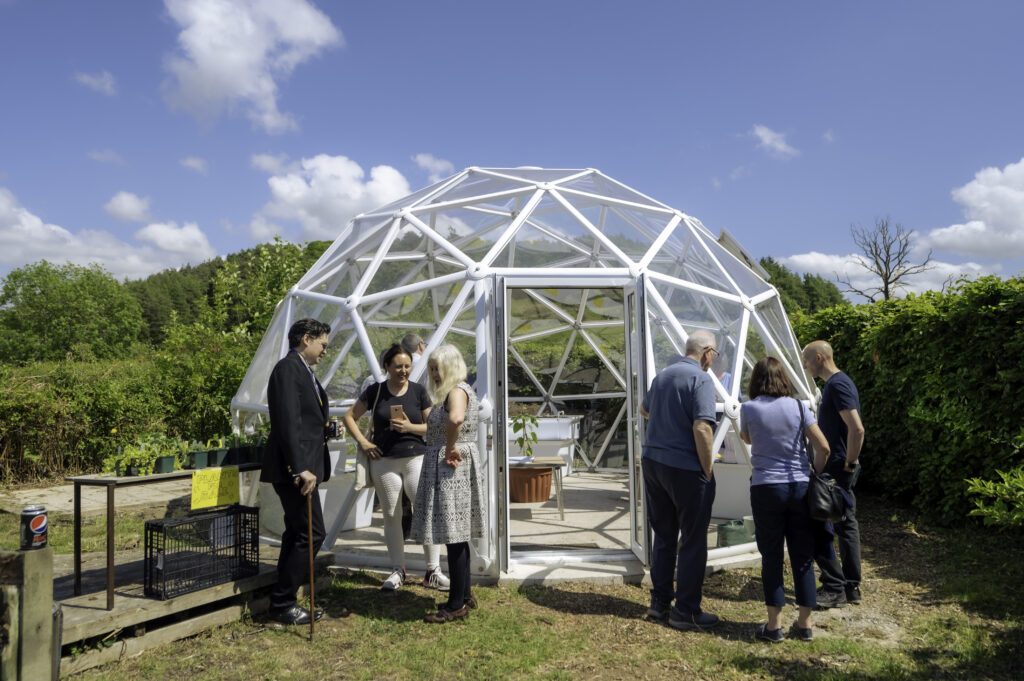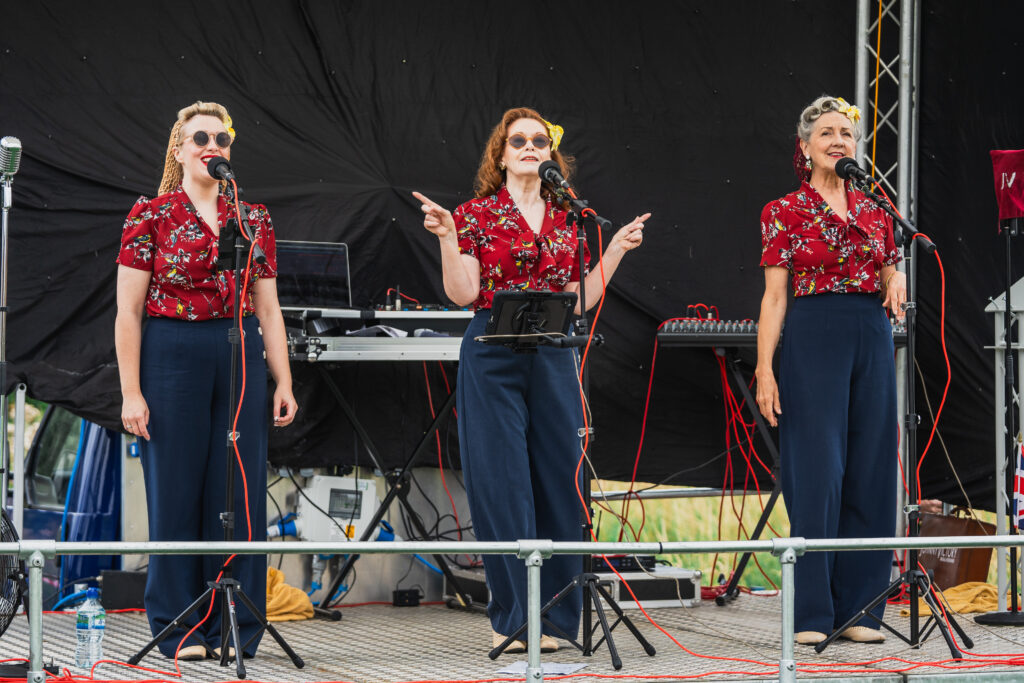Blog: NWS Community funding – making a difference to lives locally
Mike Brophy, Head of Social Impact at Nuclear Waste Services
‘More than a nuclear waste mission’
“Social value isn’t something we have to do. It’s something we want to do. We want to be good neighbours.” Mike Brophy, Head of Social Value at Nuclear Waste Services (NWS), has worked with local communities in areas in which NWS operates for the last seven years. Community Investment Funding (CIF) and the Low Level Waste Repository Socio-economic Fund has unlocked millions of pounds in recent years to transform playgrounds and youth groups, boosting career programmes and supporting mental health initiatives.
So how does it work? What kind of funding do the communities in which we operate get? And what impact has it made over recent years? We sat down with Mike to find out.

How does funding work?
“The 2013 Energy Act helped us make funding available locally around our sites. That means that we can offer financial support for communities engaged in nuclear decommissioning in the UK. That funding now comes in two streams.
“The first is the Low Level Waste Repository Socio-economic Fund, which awards £85,000 every year to support local groups and projects.
“Then we have the Copeland Community Fund (CCF), which recognises the service Copeland provides the nation by hosting the Low Level Waste Repository (LLWR) close to the village of Drigg. Copeland Community Fund is funded by NWS to the level of £1.6 million per year, in addition to an initial endowment of £10m. The Fund provides grants to a wide range of non-profit organisations for the benefit of the local community in line with the NDA Social Impact and Communities.
“Then we have the GDF Community Investment Funding. Any community that takes part in the process of finding a site for a GDF can unlock up to £1 million per year. We’re currently working with three Community Partnerships, made up of local people and local authorities, and this funding can help local skill development, education, health care, tackle rural isolation and more.”
What have we achieved recently?
“Community Investment Funding has awarded more than £10 million to over 200 local projects in the last three years ranging from youth schemes to mental health initiatives. We’re supporting some of the most rural areas in the country injecting new money and giving a boost to local initiatives benefitting communities.
“It’s been great to see positive change and lasting legacies across the communities in which we operate and we’ve had a really successful few of years.
We’ve supported a huge variety of projects
“In Mablethorpe, we bought two new cookers for a social group for the elderly. It sounds small, but hot meals can make a huge difference to the older generation especially during winter in rural communities. We funded the cost of the cookers and helped them find and pay for a good fitter.
“In one surprising case, someone approached us in Cumbria looking to buy mini trampolines to help keep older people fit. They wanted to travel around local villages and use the trampolines to bring people together and exercise. We thought it was so different, but also brilliant, and it was incredibly well received.”
“We sent £400,000 to a youth group to help them move into a much-needed new building. The money went towards planning, asbestos removal and refitting some essentials. We helped make their group more sustainable too by renting out rooms to raise funds and buying the best quality equipment that we know would last.
“We’ve built a lot of playparks for schools and villages this year. They’re a great way to tackle childhood obesity and rural isolation as a place to bring parents and families together.”

And created vital job opportunities for those in need
“We’re so proud of the Theddlethorpe employability project. It funds a local centre and charity which helps train people who find it difficult to work in fitness, first aid and entrepreneurship. They also help with CV writing and presentation skills.
“Finding someone a new job, or giving them the skills they need to find a better one, can have a huge impact on their life. We believe it’s the best social change we can do.
“Funding has improved local social care too. We’re training people in the Mablethorpe area to set up and run businesses that support people with care needs helping them with accountancy advice and skill development.
“We’ve also supported Time To Change (West Cumbria) to refurbish the bedrooms at the Calderwood House emergency homeless hostel in Egremont. Since opening in 2015, Calderwood House has had nearly 400 people through the door. Funding from NWS, supported them to redecorate rooms, replace carpeting and bathroom flooring to provide bright, clean and comfortable surroundings inspiring residents to change their lives and move on.
And that’s just the tip of the iceberg!
We want the community to be as vibrant and as happy as it can be
“We want to make a difference to the communities in which we operate, we want to be a responsible organisation and help where we can – and where it’s truly needed. Our primary focus is: on safe decommissioning in the UK and making nuclear waste permanently safe, sooner – but we can and want to do so much more.
